"Our main customer segments, the automotive industry and the mechanical and plant engineering sector, continued to be affected by global distortions," the company said in a statement. Incoming orders as well as order backlog continued to decrease in the first half due to lower market demand and destocking by the company's customers.
Sales volumes decreased significantly and lower revenues were achieved despite continued high prices.
Swiss Steel shipped 756,000 tons across all product groups and plants, compared to 937,000 tons in the same period last year.
Volumes decreased in all divisions, with the largest decrease of 32% in the Tool Steel Division. The Engineering Steel Division was also significantly below the previous half-year, with a decrease of 20% due to lower sales volumes in the automotive sector. This decrease can be attributed to the increased production of electric cars, which require fewer components of special long products manufactured by Swiss Steel.
After a long period of price increases, steel prices per ton decreased in the first half. However, at €2,460/t ($2,704), the average selling price is still higher than the €2,290/t achieved in the first half of 2022. This was driven by an improved product mix with an increased share of stainless steel in the product portfolio and higher alloy surcharges.
The company's revenue decreased by 14% to €1.86 billion, with the largest decrease of 22% in the Engineering Steel Division. By region, revenue decreased in all markets except the Americas. Adjusted Ebitda decreased from €171 million to €70 million.


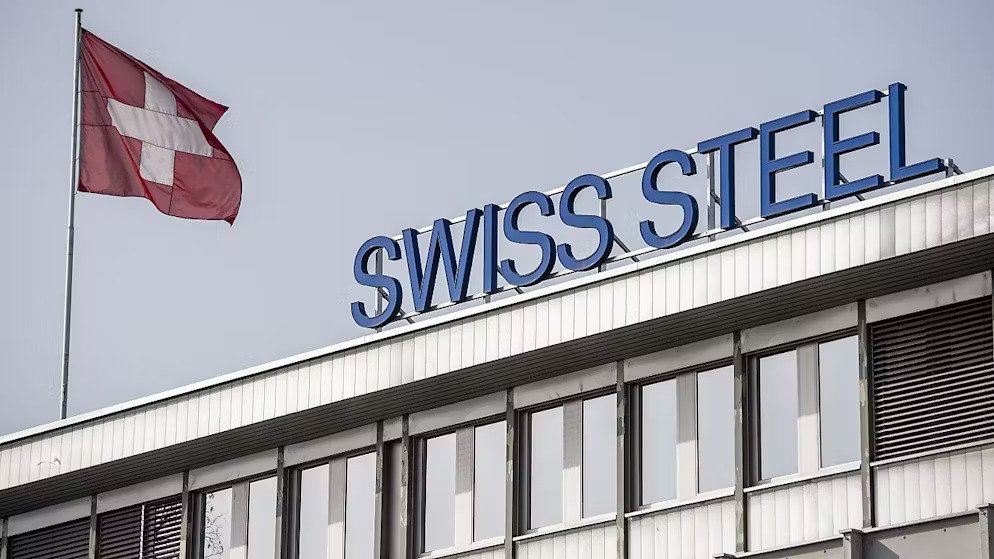

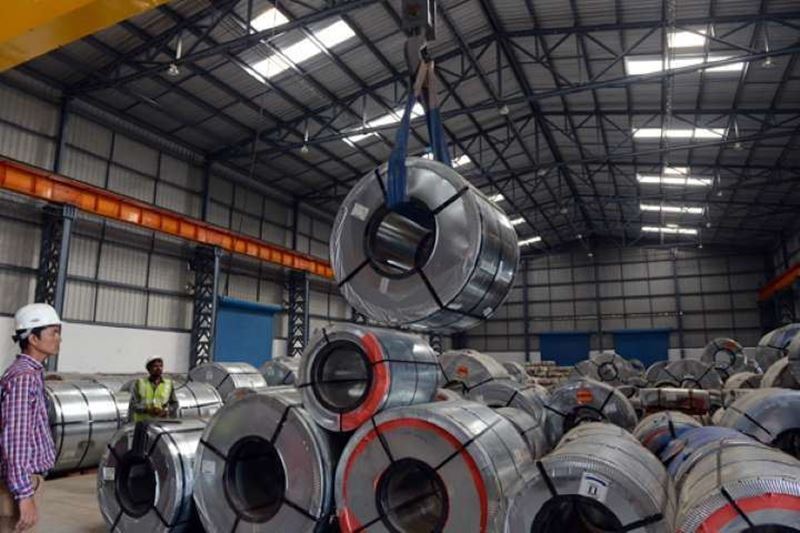
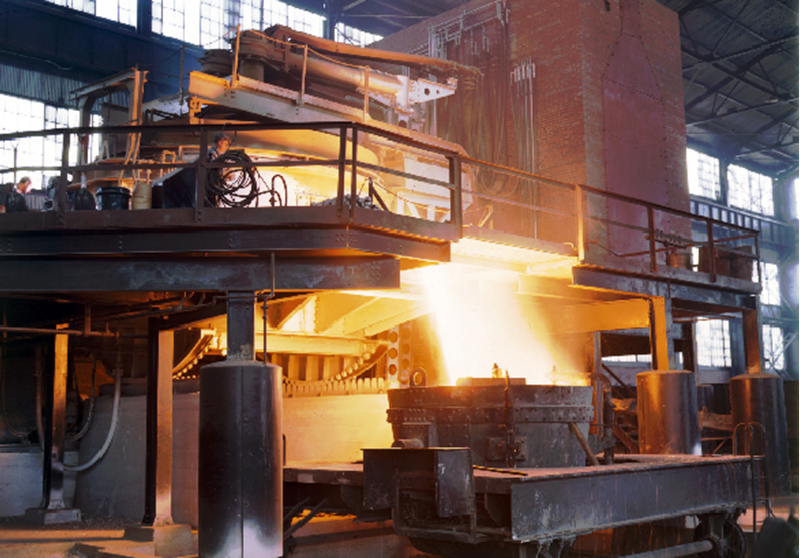
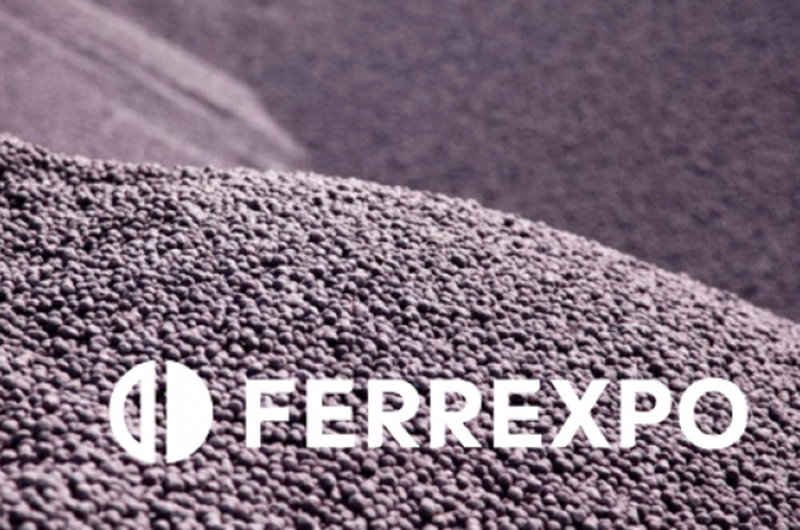
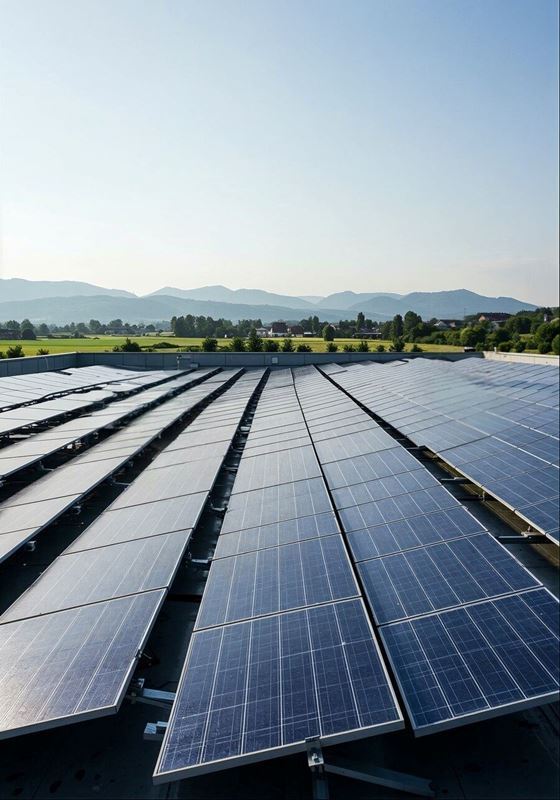
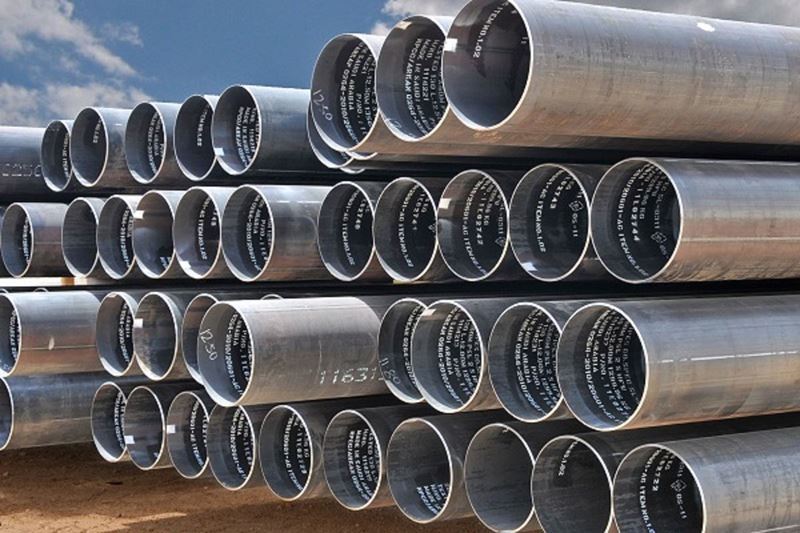


Comments
No comment yet.